
05 November 2021 - Gergely Brückner
For them, an investment only makes sense if it makes the world better
Adherents of impact investing (socially useful investments) are not only looking for profit, but also socially useful. Let's make it clear quickly, if only the investor gets richer, it will not make the world a better place. We show exciting examples from this world.
There are more and more foreign and, fortunately, more and more Hungarian investors who invest according to a double criteria system. In addition to the profitability of the target company, it is equally important that the given business achieves a measurable, positive social or environmental impact - says Elemér Eszter.
He is the president of the THBE (Association of Socially Benefit Investors), which recently organized the Hungarian Impact Day for the sixth time, the grand army review of this ecosystem. In order to better understand the stories, it is worth first familiarizing yourself with the four phases of investor evolution, of which we are talking about the fourth, the most recent:
- classical investment funds focused on return, but this allowed them to specialize in a region, sector, story,
- thematic funds already emphasized a major process (climate change, demography, energy transition) and focused on it
- ESG (environment, social governance) came in with another step, which already formulated a strong positive message and expectations for investments,
- finally, the latest grade is impact, where the basic expectation is measurable, pure social benefit.
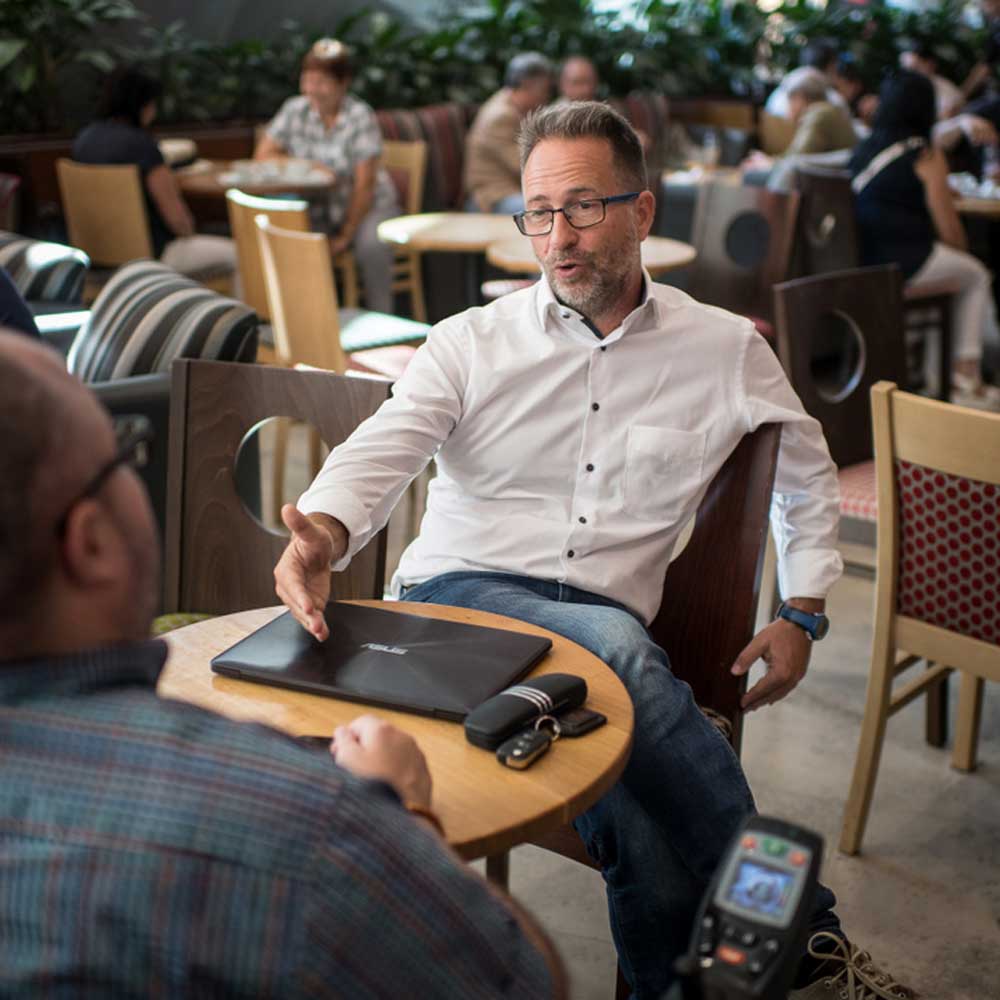
Some good stories
As we have seen, this world already has the new keywords, edtech, healthtech, cleantech, fintech, insurtech, i.e. the services that revolutionize education, healthcare, environmental protection, finance, the insurance sector with advanced digitization .
At the event, we could really hear a lot of good stories, and the professional speakers did a great job of mixing rational effects that can be measured in all kinds of indicators with moving stories. We will briefly introduce a few, all of which are worth reading.
Smartkas. Here comes Dávid Mészáros, the Dutch Smartkas CEO, who was previously mentioned in Index wrote detailed material. The company, led by a young Hungarian, designs green, renewable smart greenhouses and indoor farms, and its company has already appeared on the Frankfurt Stock Exchange with a EUR 25 million green bond issue.
The company also has projects or initiated negotiations on several continents, in Europe, the Middle East, and South America. The goal of smart agricultural solutions is to produce high-quality vegetables and fruits in a small area, all year round, without harmful emissions.
Acces4You. With the company we've met before. The company's employees have created an application with which people with special needs (it is not a small group, 15 percent of the population is affected) can find out about each location (office building, hotel, bank branch, shopping mall) how barrier-free it is, but all this they are not only listed on the basis of what the property owner declares, but also audit the locations themselves with specialists.
Méri Tamás, one of the owners, told me that
the project also had unexpected secondary positive effects. There was a developer who already asked the company for advice on how to better design the property, but the search and employment of employees with special needs, who are naturally sensitive to the subject, also came up during the company's work.
WLWYB. This strange abbreviation means we love what you build this covers a secondary lego dealer, we previously wrote about them here . Behind the company is the ingenious meeting of demand and supply, that there are employees who especially enjoy jobs that would seem monotonous to others. People living with autism can, for example, quickly group together Lego pieces.
As Dávid Kókai told me, he doesn't want to deny that he wants to make a lot of money with his investment, but he also has other ideas for this, his colleagues can also be good at writing code and software testing, and as he said, that will really be his greatest joy , if their employees can take on jobs with higher added value.

From philanthropy to useful investment
Donation, philanthropy, investment, profit, social benefit - these are concepts that may or may not mix at all. If a philanthropic billionaire creates a billion-dollar foundation for the betterment of the world, that's a very nice thing, but it can't be for profit, and all of this will be checked very seriously by the US IRS.
However, if we are not talking about a donation, but a financial investment, then social utility and profit can go hand in hand, and even more and more it seems that the more useful an investment is to the world, the greater profit investors can hope for - says Neil Devani, head of the California-based investment firm Necessary Ventures.
With a little inconvenience, it can be inserted here that if it were so simple, there would be no need to write about impact investing, because the capital would find the "good" companies anyway. In any case, Neil Devani told about it at another Hungarian conference, the TedX event (in the video from 3 hours 10 minutes), that if the world will not be different from your investment, then it is not socially useful (no impact)
Perhaps it is better to understand what he meant by concrete examples.
- A multinational tobacco company can generate a nice profit for its shareholders, but the amount of lung cancer it causes cannot be called a social benefit. There is profit, but no good impact.
- If someone spends millions of dollars building hospitals in India's poor neighborhoods, the social benefit is clear, but the financial return is quite unlikely. In other words, there is impact, but no profit.
- And finally, there are favorable combinations such as a vaccine company that brought a solution with its medicine during a pandemic and saved the lives of many thousands or many millions of people, earning billions of dollars from this, which means that there is both profit and impact.
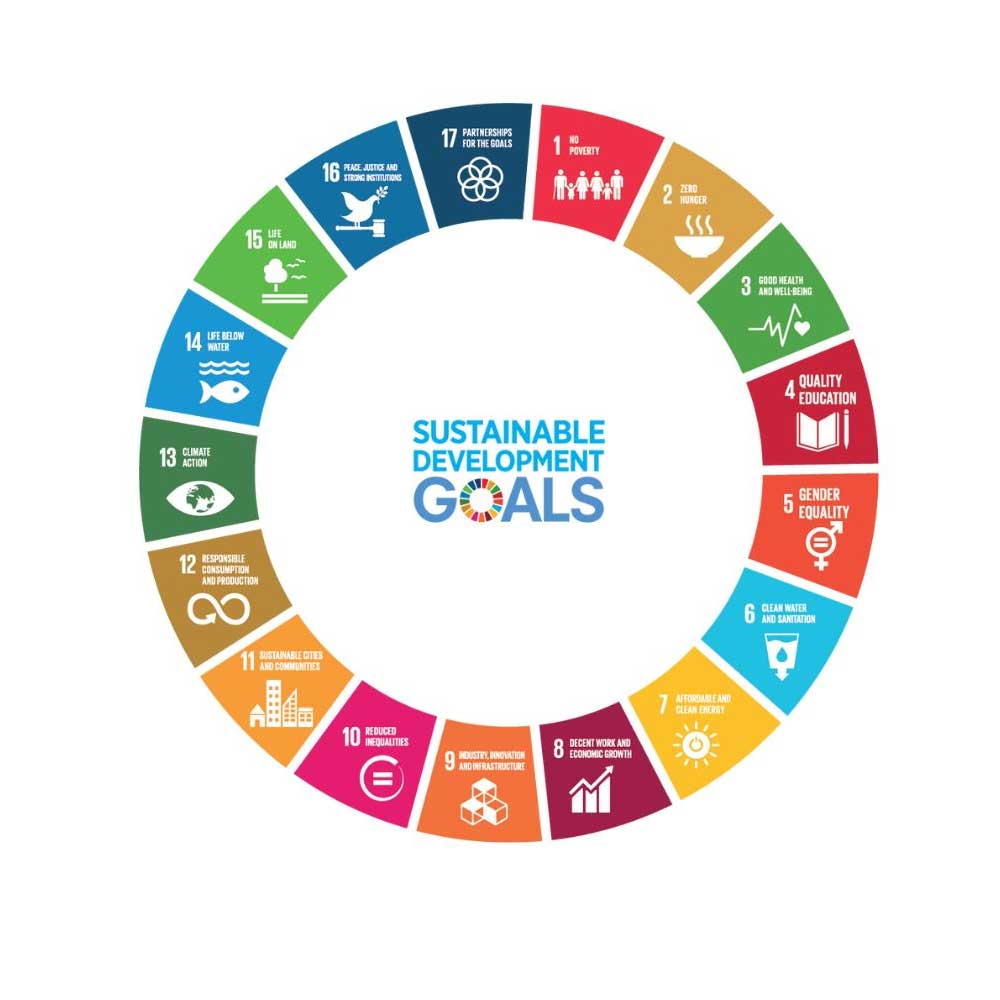
There are few pure models
Chemistry is about materials, but when we start learning, we are also faced with the fact that there are few pure substances in nature, rather mixtures such as air, seawater or natural gas occur. The problem is that there are few clear examples among investors' target companies. Google or Facebook are definitely stocks that bring great returns, but how should their activities be judged: do they connect billions of people and help the backward to connect, or do they help extremists find each other and spread anti-vaccination views easily?
The formula is not clear, as is the case with the large company that simultaneously manufactures wind turbines and develops military solutions. Perhaps it should somehow be realized that the impact approach tries to neutralize ten times as much damage, or that ten units of good impact is achieved by one unit of controversial activity.
The story of Neil Devani from California is certainly interesting. The specialist has been looking for a long time where he can achieve the most positive impact, first he trained as a dentist, then he worked on the Obamacare healthcare financing program in Washington, then he studied law at Stanford, and finally he decided that he could do the most if he dealt with impact investments .
As he said, money is very important in this industry, if, for example, he didn't make a lot of money for his investors, then they wouldn't provide funds for new investments, and no one would invite him to Budapest, from the other side of the world. This is the financial side, but doing something good is more important.
Okay, but what is good?
Devani has a fairly simple guide for this, the UN formulated 17 positive and general goals, for which it is worth working, for example, to ensure that there is no poverty, hunger, good education, health, gender equality, sustainable growth, life in the wilderness, underwater, climate change, world peace.
If a company helps in any of these without harming the others (Pareto principle), then it is socially useful. Jelasity Radován, President and CEO of Erste Bank, also told us about this, according to whom we constantly make decisions at all levels (individual, bank, banking sector),
- we go to work by bicycle or in the large corporate Mercedes,
- how many office square meters are heated, how much paper do we use,
- as a bank, do we lend to brown, green or brownish-green targets?
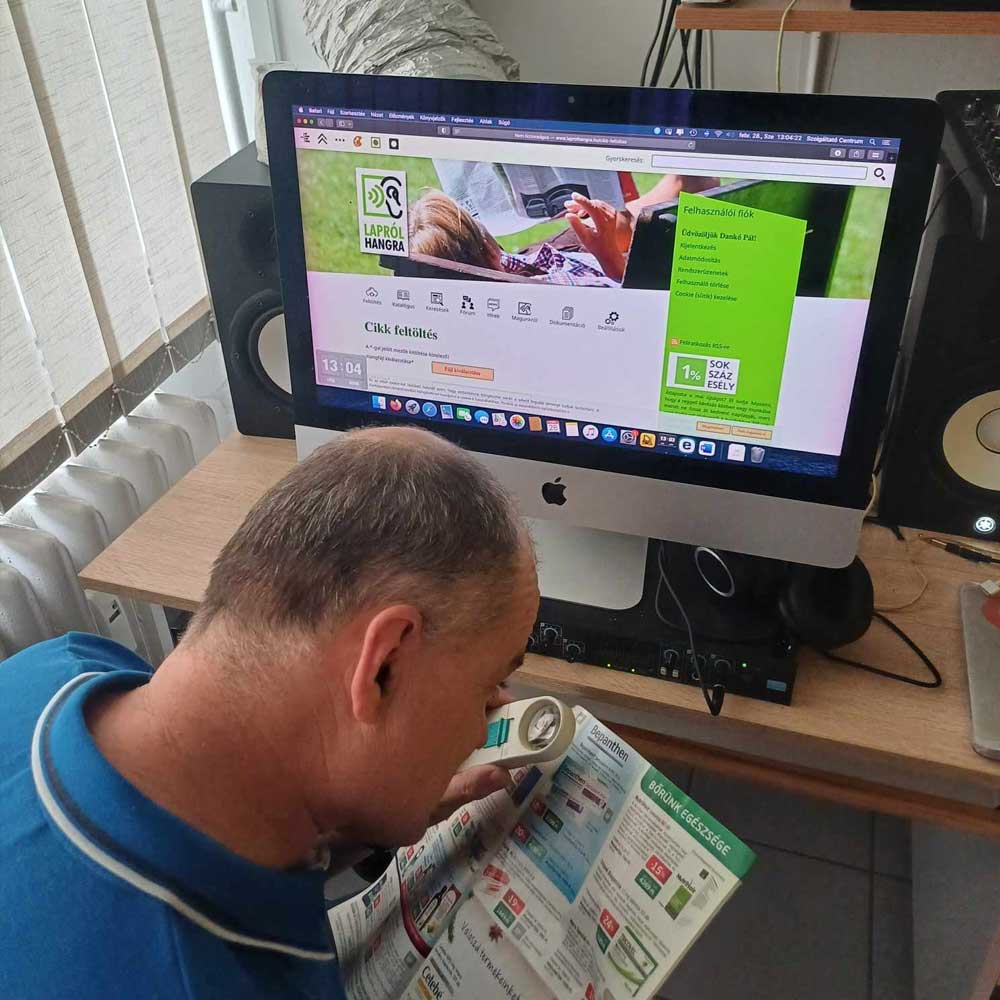
And those who do not yet do all this as an investment
In our previous examples, we presented companies that have already received capital, as their project was so convincing. However, there are those who are even more looking for financing, an investor or even a supporter. In our article, we brought a few examples from the world of services that help the visually impaired.
Balázs Pregh, without any particular personal involvement, has been doing work to help the visually impaired for two decades, he has read a lot of works of fiction, but also current news and books on economics, sometimes alone, sometimes as a member of some community, but the goal was always to so that the content becomes accessible to the visually impaired as well.
As you tell,
such a task can even help people with a variety of special needs, since reading tasks for the "sighted" are also excellent, meaningful work for people who are confined to one place or even those with mobility impairments, and since the task is not confined to one place, there is no need to travel because of it.
If we roam the net, we can come across several such services, the "Lapról hangra" program started ten years ago, registered visually impaired people can access the content of written press products read by sighted volunteers. The visually impaired have the opportunity to comment on the articles, and a kind of discussion can also start.
The eRikkancs solution is backed by a company, Alko-Soft Nonprofit Bt. here, all kinds of press products (with the exception of daily newspapers) can be included in the catalog. The goal here is also to make the content of printed press products "barrier-free" for the visually impaired, but this company also provides the service for the sighted.
Finally, a surprising project is the "Video for the blind", i and its English version , the Video for Blindd. This team will soon have a registered foundation. The idea came from the head of Gábor Péter, who often told his blind and deaf father what he could see in a picture or a movie. Then he thought why this could not be made available to all visually impaired and deafblind people.
Videos are narrated based on three aspects, characters, location and plot. The latter has already been found by several foreign websites dealing with the visually impaired, for example from the United States and Luxembourg.

Where are we now?
If we look at the global investment market, the biggest companies, Fidelity, Generali, KPMG, announce in turn, almost in competition with each other, how much they are turning in this direction.
There are enthusiastic pioneers at home as well, there are already many funds with an ESG approach, but there are also impact funds in which public investors tend to appear for the time being. Here you can find the references of Impact Ventures, and here noopener" href="https://www.susterracapital.com/portfolio" target="_blank">Susterra Water Fund's website.
We spoke with Bence Tóth, the chairman of the board of Susterra Capital Partners, on the very day when the company bought 48 percent of Inwatech Kft., as he told us
a technical, financial and legal due diligence preceded the deal, in which the fund bought out the company's two former co-owners and became the owner of the 20-year-old company that dominates the Hungarian wastewater and biogas market. p>
Unfortunately, mass private market investor interest has not yet arrived.
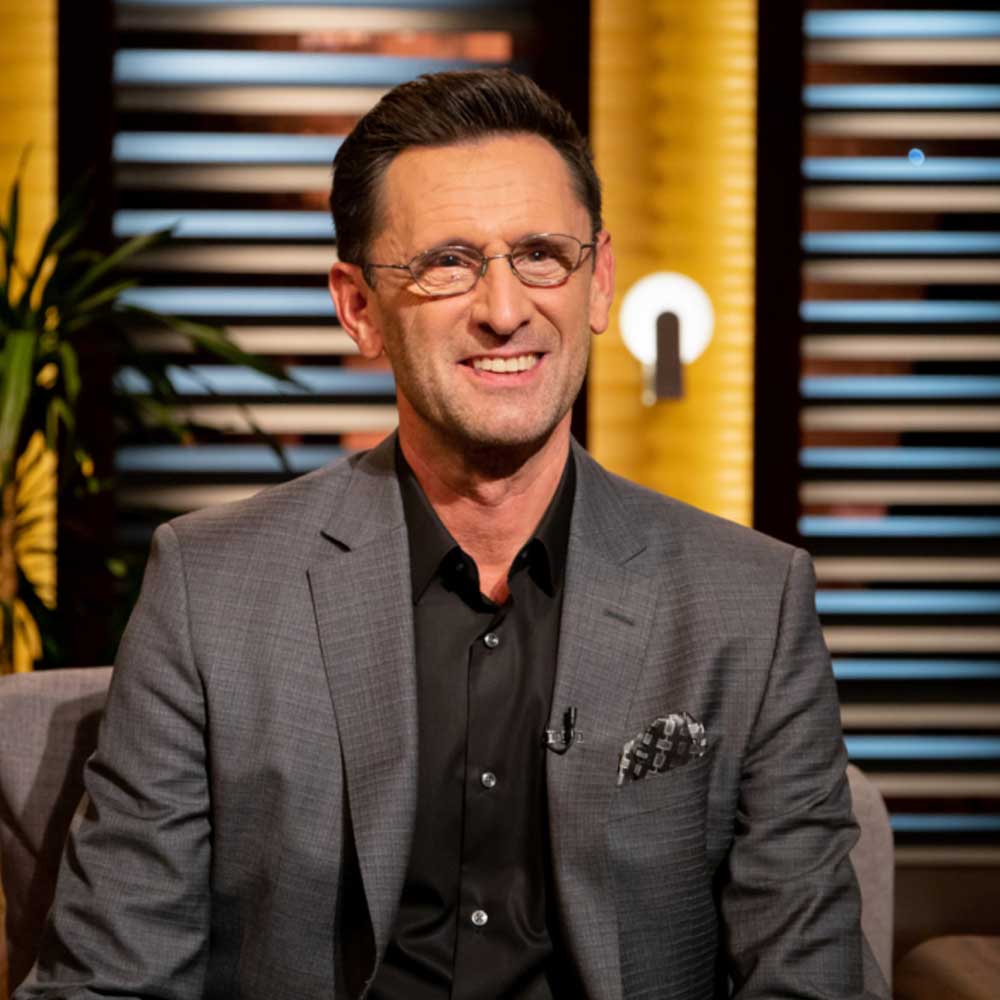
Evangelism
It is certain that there are fashion announcements in this sector as well, there are mockers, but according to my experience, the organizers of conferences related to socially useful investments are somehow able to filter them out, and those who take it seriously, who are authentic, really present at such events. It is like that, and from here on I will switch to a "church" set of concepts, such as witnessing, as if these people see their task in "spreading the word", not only in moving their own company forward.
As for the role of the Hungarian state, the allocation of many community resources (Jeremie, MNB, MFB, Hiventures) does not seem to be very successful as a whole, it will be quite terrible to take stock one day with what kind of return these programs ended up with.
However, as businessman István Lakatos (Bravogroup), one of the investors of the RTL Klub Cápák têt program, said about this,
if we look at it financially, the numbers are not so pretty, but don't look at the programs that way. Rather, the Hungarian state operates a not-so-expensive MBA school with the support of the startup ecosystem, i.e. the support given to start-up businesses is not so much a business, but a practical part of economic higher education, and if we look at it this way, a lot of money distributed will pay off.
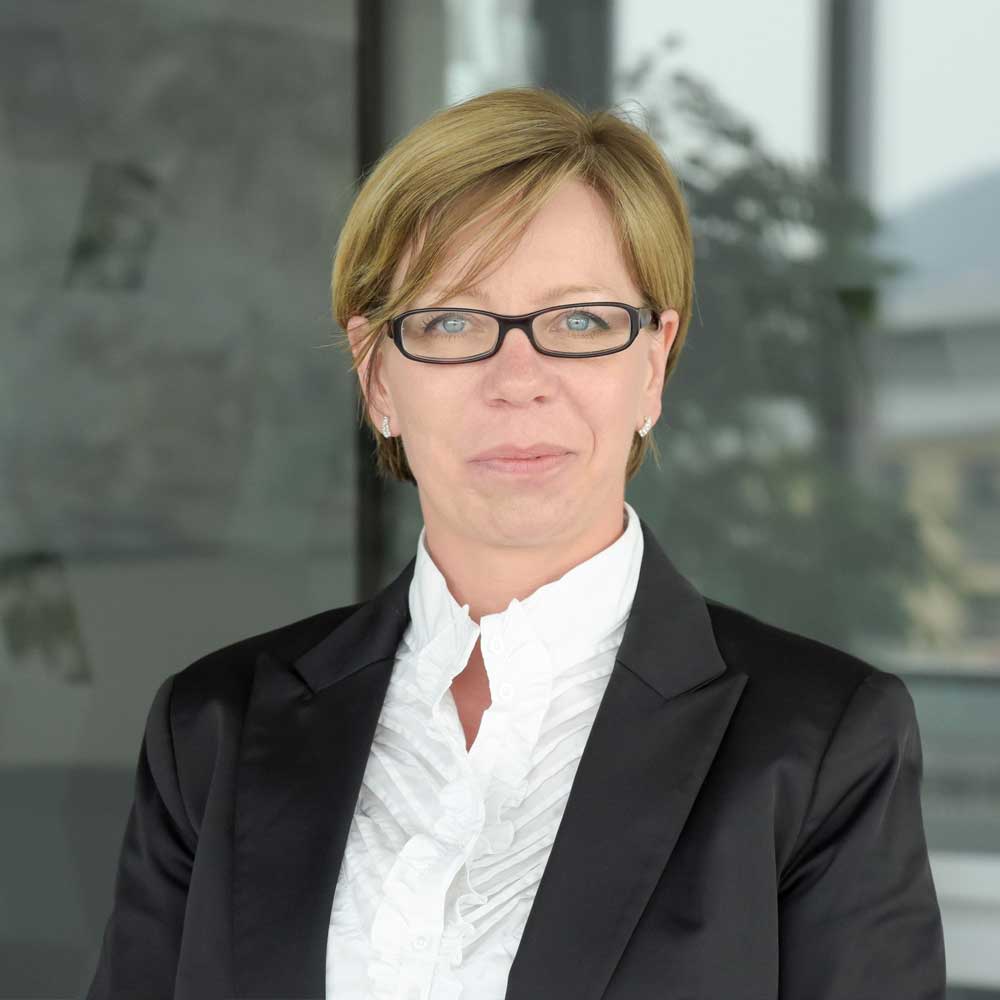
Shareholder or stakeholder
At the mentioned TedX conference, private investor Zoltán Kovács described the change in investor sentiment as follows:
to some investors, nowadays it is not only important what their investments do, but also how they do it, i.e. it is no longer only about the shareholders, but also about the stakeholders (all those affected by the company's activities) says.
According to Ágnes Rakó, KPMG's ESG partner, a kind of generational effect can be felt in this, older people may only open up to these aspects out of necessity, but younger people really expect this approach.
Behind the changes is clearly the transformation of the needs of the stakeholders and the growth of their power (the new generations are growing into the roles of investors and company managers).
The ESG criteria system became clearer than ever during the closures due to the epidemic at the latest, and its role grew exponentially. In other words, the world is clearly moving from owner capitalism to stakeholder capitalism.
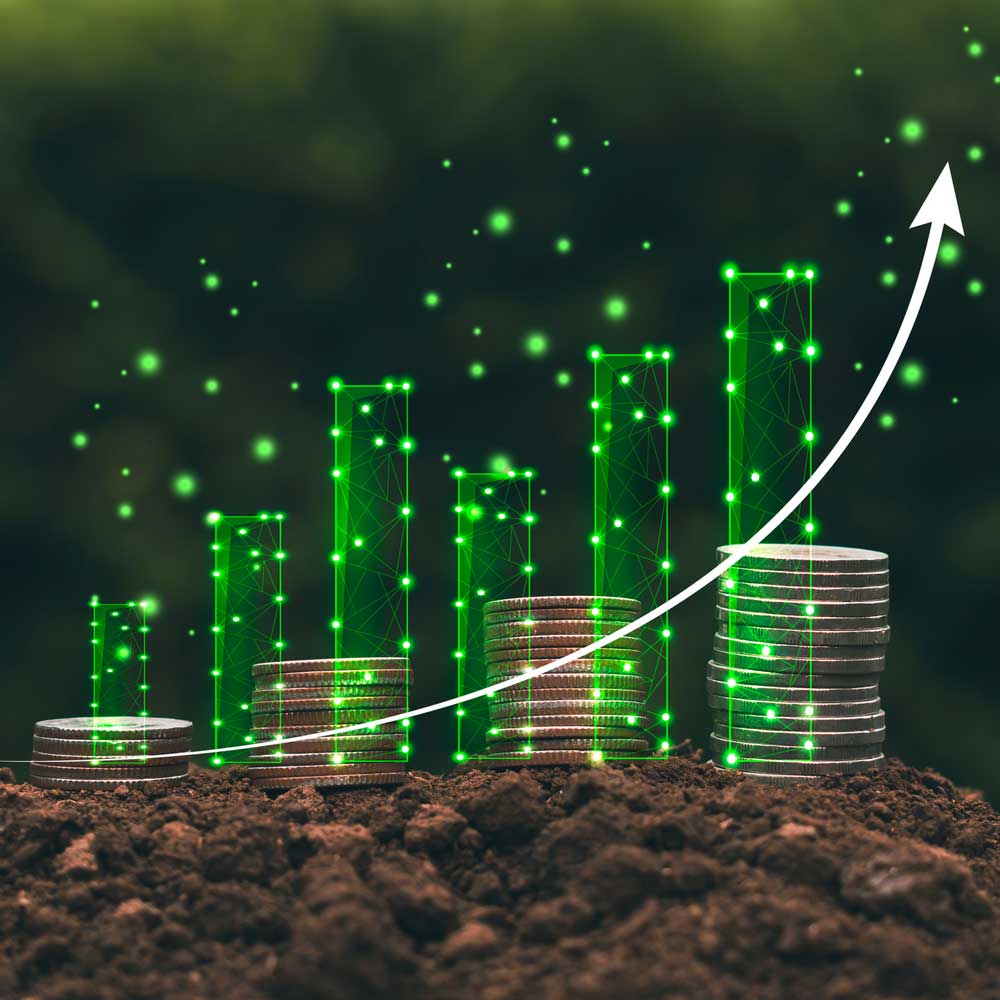
The profit
When we write about these socially useful companies, it is more attractive to talk about social benefit than profit, but let's not forget that either.
It is really worth thinking about a few points:
- When many people declare that they are starting impact and ESG funds, then there really is a demand on the market, which means that such companies have a good chance of increasing in value.
- If a modern company really has a functional product or service for a serious modern challenge, then there will be a demand for it.
- And if these targeted investments are clean before the law, then there is a good chance that they can avoid certain costs affecting other companies (carbon dioxide quota) or certain penalties (environmental pollution), or possibly future financing problems.
But if someone doesn't feel like considering the big investment trends of the future, it's enough to listen to our good feeling. Where is our money in a better place, in a coal-fired power plant or in a company that helps people with a worse fate than us, or simply helps us or our children?